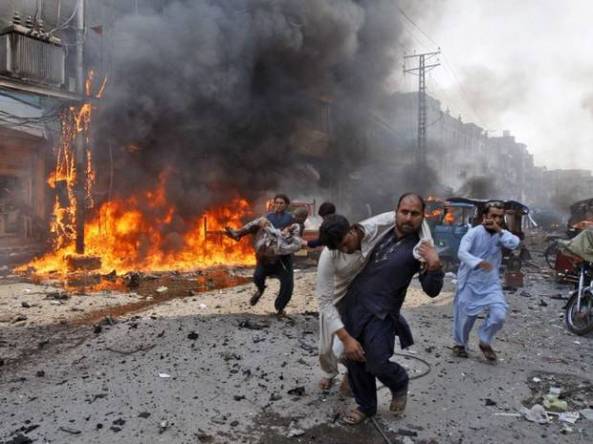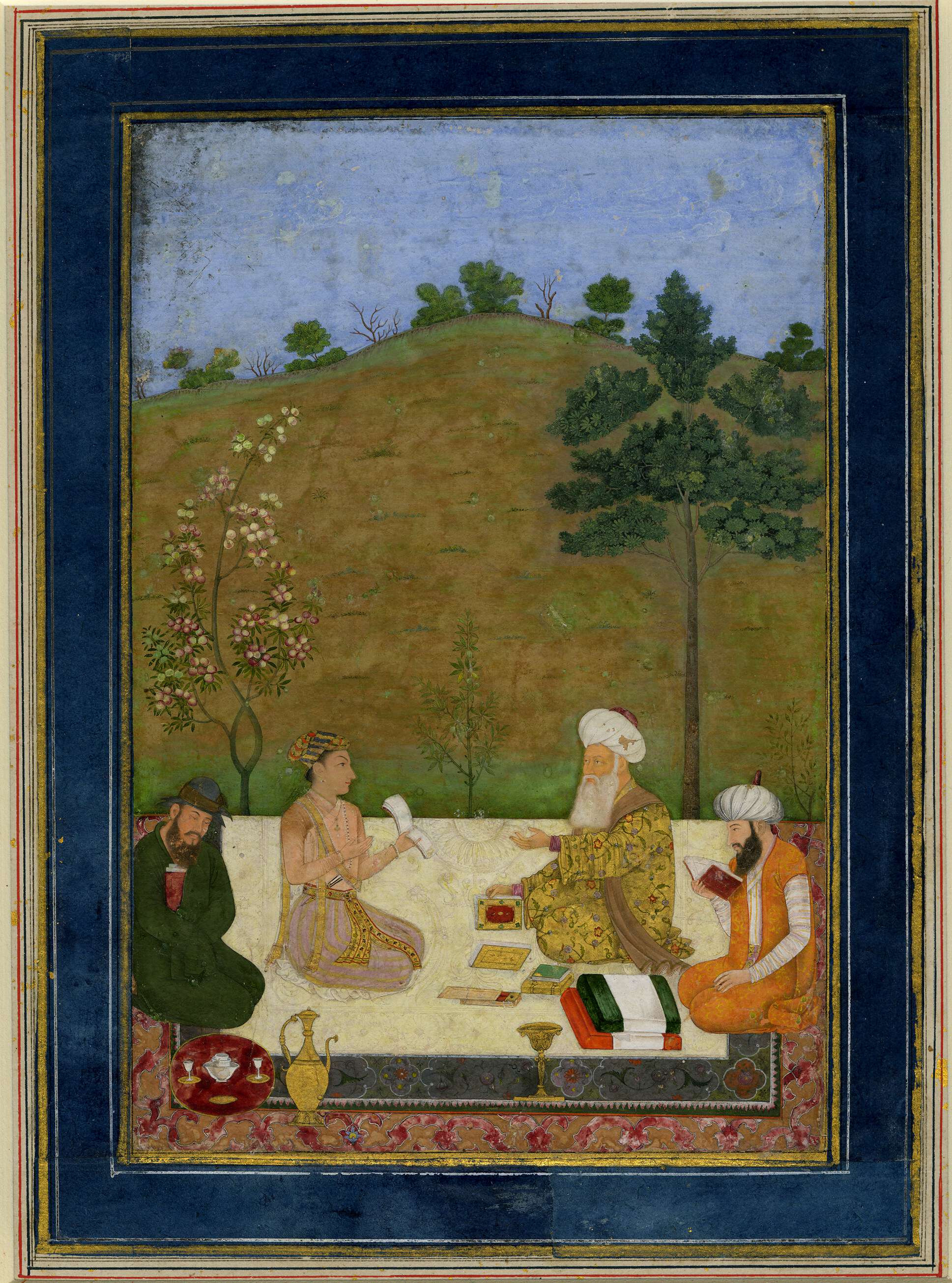-1)
Ahmed Humayun,
an analyst at the
"Institute of Social Policy and Understanding" has a post up about the "
management of savagery", a central text in the Islamist militant movement.
Read the whole thing
here (at 3quarksdaily).
Excerpts:
Yet it also outlines a clear, coherent worldview, a theory of geopolitical change, and, when it is not recycling superficial clichés about Western decadence, offers penetrating insight into how terrorist tactics can succeed, even when they appear to fail. It is a call to action that outlines a series of concrete, often diabolically clever steps that have been followed by a wide range of militant groups. -
..Such a transitional state prevails in the Muslim world today. Militant groups should therefore seek to 'vex' and 'exhaust' the enemy- the regimes ruling their societies, or their Western allies. This will catalyze the breakout of chaos - the weakening of political authority across the land, creating opportunities for militants to 'manage the savagery' successfully, so that the ultimate goal, an Islamic state, may be realized. -
..Finally, the West can try to live up to its values. The militants correctly identify that concepts like freedom, liberty, and justice resonate in Muslim majority societies, and see them as competing with the ideology they seek to implement. But when we unflinchingly back autocrats in Muslim majority societies instead of defending our stated values, when we support the stultifying status quo instead of encouraging critical political reform, we shrink the space for progressive ideas to emerge and expand opportunities for militant notions. We will never persuade the militants, of course but we might be able to persuade others if we tried. -
See the whole thing at 3qd. It is worth a read. I had the following "off the top of my head" comment on it:
I would add a few minor notes to this excellent analysis of the "management of savagery":
1.
The authors of the Islamist narrative are not self-sufficient in their creation of this narrative. They rely on Islamicate tradition for a lot of their cherry-picked theological quotes and for historical references about events like the early Arab invasion and colonization of the “near East”, the crusades, the invasions of Europe and even the sea-jihad of the Barbary pirates, ..interestingly the Pakistani ones at least seem to make more references to the conquest and loss of Spain and the subsequent centuries of conflict in the Western Mediterranean region than to the Ottoman conquests and subsequent losses in South-Eastern Europe, reflecting perhaps the relative value of the two regions in the eyes of Islamists
and in the eyes of broader contemporary audiences; Spain, France and Italy being worthy prizes and the Balkans being mostly a nameless mess. They (surprisingly) do not seem to use a lot of Islamic source material for their polemic about early 20th century European interventions. A lot of THAT narrative is lifted straight from Robert Fisk and other Western writers. SOAS seems to have contributed more to that story than the Ulama and authors of the blessed dar-ul-Islam. This is an interesting sidelight and worth at least one good PhD thesis someday.
2.
The author’s final prescriptions (“
But when we unflinchingly back autocrats in Muslim majority societies instead of defending our stated values, when we support the stultifying status quo instead of encouraging critical political reform, we shrink the space for progressive ideas to emerge and expand opportunities for militant notions. We will never persuade the militants, of course but we might be able to persuade others if we tried”) are boiler-plate left-liberal talking points, but
depending on what actual steps the author has in mind, may be even more unrealistic than the Islamist’s dream of utopia-after-savagery. Of course, the author may have specifics in mind that are far different from what I have heard from other progressive friends. This is always the risk when one imagines details based on a few brief lines of text. But we all rely on such heuristic devices and I get nervous when I hear “progressive ideas” and American foreign policy mentioned in one paragraph. I may be completely misreading the author (and I apologize in advance if I am clubbing him unfairly with people who occasionally read Arundhati Roy as if she is a serious analyst), but these days, I get nervous easily :) ... I am afraid that the neo-cons half-baked, ahistorical, poorly thought out creation of neo-liberal Iraq was not far enough from “progressive ideas” for us to feel safe. American support for “progressive ideas” may turn out to be no more helpful than American support of the “stultifying status quo” if it is based on equally superficial notions of history and of the origins of states and of modern society (for better
and for worse). Just a thought…
3.
There is no single correct thing to do everywhere and at all times and the answer (as always) is “it depends”, but the author’s desire that the US avoid militarily invading far away countries (to save them, or to destroy them) is one we can all agree with and say “Amen”.







